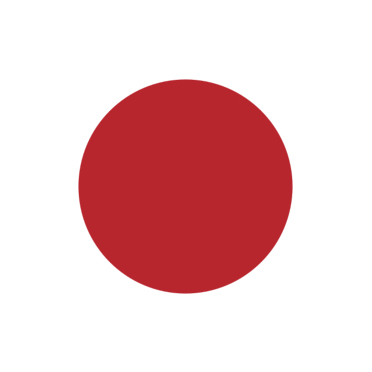Investment Strategies
Abe Seen Winning Decisive Japan Poll Result; Outcome Positive For Equities, Says BlackRock

The ruling bloc of politicians governing Japan are at the time of writing on course to win national elections on Sunday by a hefty margin.
The think tank of the world’s largest listed asset manager cautiously welcomed what it said – at the time of writing – appeared to be a decisive election win for the incumbent Japanese government led by Shinzo Abe.
“We see the outcome as a mild positive for Japanese equities, though recent strong performance may spark some profit-taking. We like Japanese shares thanks to the synchronized global expansion supporting growth, attractive valuations and solid earnings momentum. We favour sectors that have posted solid earnings but lagged the broader market, such as autos, transportation and real estate,” the BlackRock Investment Institute said in a note late yesterday.
Media reports pointed to a clear win for Abe’s ruling Liberal Democrats in the snap poll, called a few weeks ago by the premier. Abe originally was elected to his office in 2012.
In recent years, Abe has sought, by a mix of central bank quantitative easing, tax changes and some supply-side reforms (changing rules about shareholder controls of firms) to kick the country out of a multi-decade period of stagnation and slow growth.
An election win is “a mild negative for the yen and Japanese government bonds” the BlackRock Investment Institute continued.
“We are upbeat on Japan’s economy. Data point to a solid pace of growth, led by both consumption and exports, as unemployment drops to 25-year lows. Yet subdued inflation should keep the BOJ extra loose on policy,” it said.
The organisation added that it predicts economic growth will hold up at levels well above trend. Robust domestic activity and a stable-to-softer yen are spurring solid corporate earnings growth, pushing the Nikkei share index to 21-year highs,” it added.
Abe’s snap poll – held earlier than was necessary under election rules – was seen as being triggered in some ways by a desire to retain political freedom to push further reforms, as well as bolster the government’s position amid worries about North Korea’s nuclear programme.
Media reports said the ruling bloc of politicians were on course to win more than two-thirds of the 465-seat Lower House.
The gamble of holding a snap poll appears to be far more of a success for Abe than, for example, was the case in the summer when UK prime minister Theresa May chose to go to the polls ahead of schedule against a supposedly weak Labour Party, only to lose the Conservatives’ parliamentary majority.
